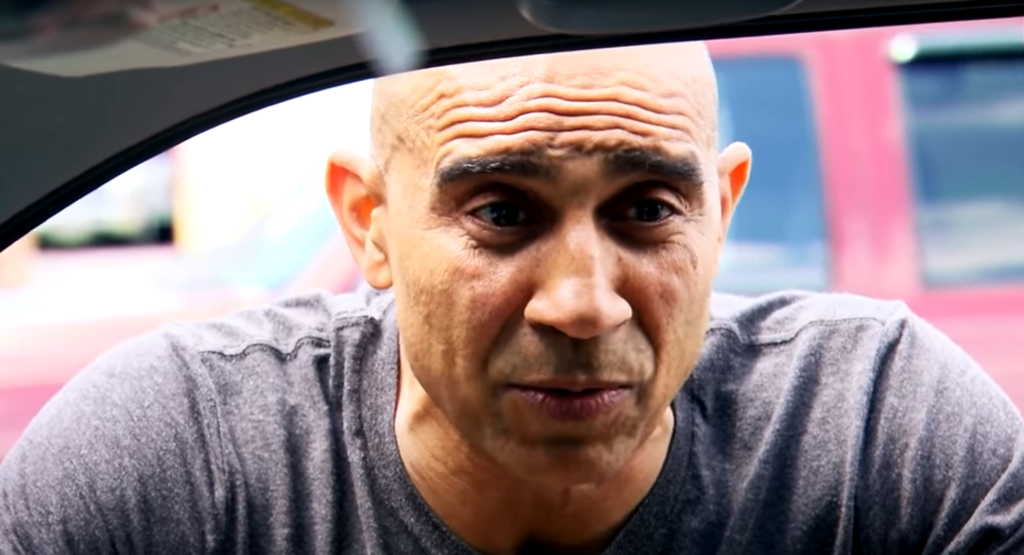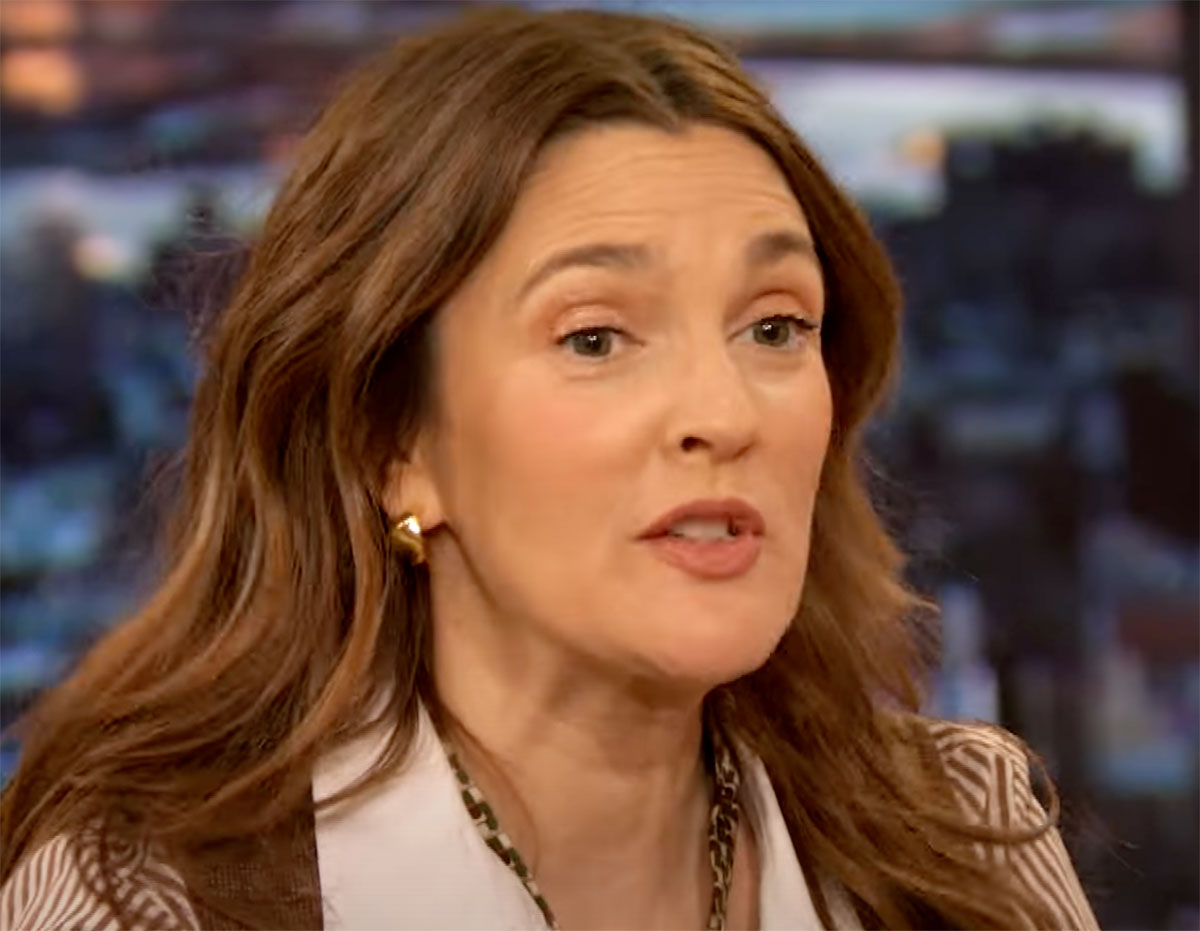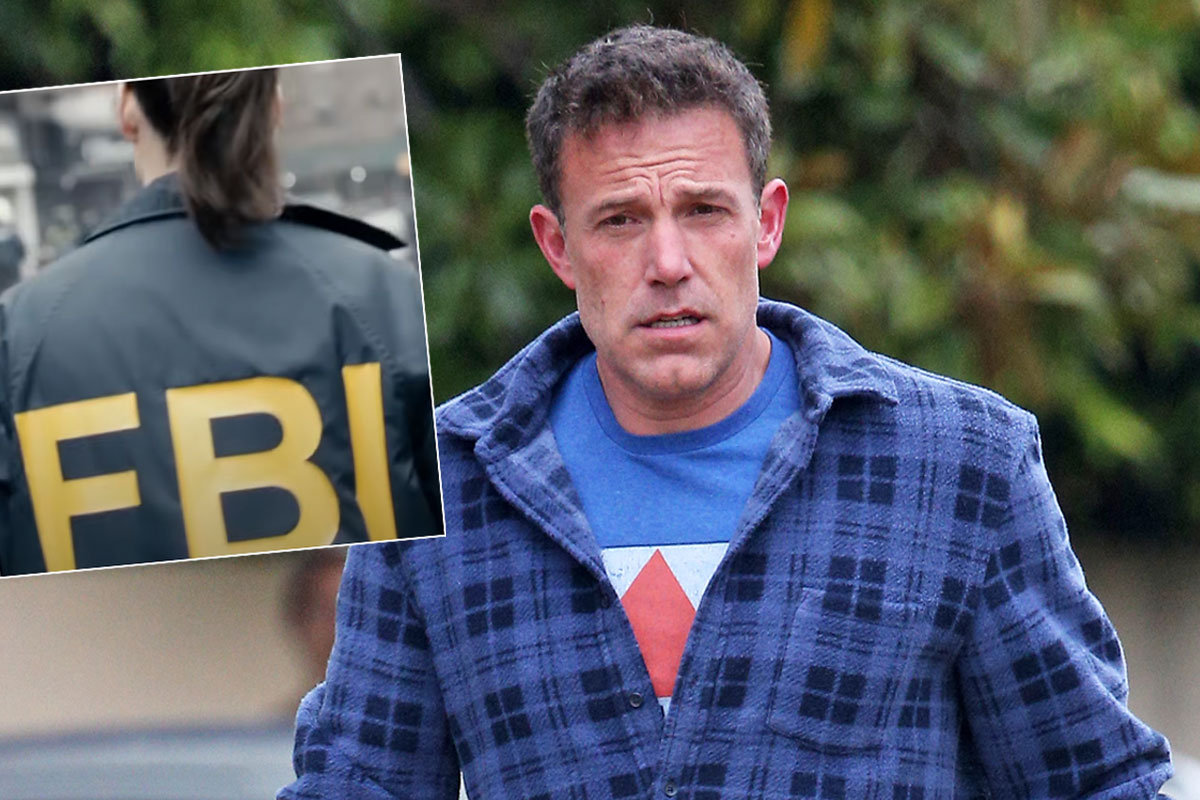As California faces another devastating wildfire season, the fight to contain the flames extends far beyond professional crews. Nearly 800 incarcerated individuals have been deployed to the frontlines, joining thousands of firefighters in battling the destructive blazes fueled by powerful winds and dry conditions.

Source: ALI MATIN / Getty
According to The Guardian, the California Department of Corrections and Rehabilitation (CDCR) has activated 783 incarcerated firefighters to assist in containing the fires spreading across Los Angeles County. These men and women, trained at more than 30 state-run fire camps, are working alongside the California Department of Forestry and Fire Protection (Cal Fire) to protect lives and property.
The incarcerated crews are performing critical tasks like cutting fire lines and removing fuel near structures to slow the spread of the flames. Their contributions, often unseen, highlight the immense effort needed to combat these disasters.
Fighting Fires For Just $26 A Day
While these incarcerated firefighters risk their lives, their compensation is shockingly low. According to CDCR, they earn between $5.80 and $10.24 per day, with an additional $1 per hour for active emergency response. For a 24-hour shift, they may take home just $26.90—an amount that barely covers necessities.
In a statement to The Guardian, CDCR Secretary Jeff Macomber recognized their efforts:
“Wildfires are a constant and formidable challenge for California, and CDCR conservation fire camps remain dedicated to supporting the state’s response. The work of our incarcerated firefighters and staff is an essential part of this effort, and their commitment to protecting lives and property during these emergencies cannot be overstated.”
For many incarcerated individuals, the fire camps offer an opportunity to escape the monotony of prison life and contribute meaningfully. However, the financial limitations are undeniable, especially for those trying to support families or save for life after incarceration.
“We Did the Hardest Work”—Life On The Frontlines
Amika Mota, a former participant in the fire camp program, knows firsthand the sacrifices and struggles of these firefighters.
In the Guardian, the new executive director of the Sister Warriors Freedom Coalition reflected on her experience battling more than 20 fires between 2012 and 2015.
“We always had this reputation on the fire ground of being the ones who did the dirtiest work, the hardest work, got there the earliest, stayed there the longest,” said Mota.
Mota spoke of the pride many feel in being able to contribute during emergencies despite the grueling physical toll.
“The firefighters love to do this frontline work that’s fierce and intense and has the potential to save lives,” Mota said.
But the demands of the job—combined with low wages—create challenges for many.
“We’re doing this heroic, crucial work, but many people inside cannot support their family, can barely afford to just get hygiene [supplies] for themselves,” said Mota.
Despite their history, they should fairly be compensated if their services are needed.
Celebrities Call For Recognition & Reform
The efforts of incarcerated firefighters have sparked public debates, with prominent voices like Chris Brown and Meek Mill calling for justice and acknowledgment.

Source: Gallo Images / Getty
According to Complex, Brown took to Instagram Stories to praise the bravery of the inmates risking their lives to save California communities and suggested they deserve more than just recognition.
“LA…Make sure y’all throw a ceremony or parade for these firefighters and first responders after this. Also, the prisoners who were out there risking their lives need time knocked off their sentences. Just saying,” Brown said.
Meek Mill echoed Brown’s statement, amplifying the call for reduced sentences by reposting it on X (formerly Twitter) with the caption, “Most definitely!”

Source: Dimitrios Kambouris / Getty
As Complex reports, over 900 of the 7,500 personnel battling California’s most destructive wildfires are incarcerated individuals. This practice, dating back to 1915, highlights both their critical contributions and the need for a deeper discussion about justice and rehabilitation.
The program has long allowed inmates to gain experience and contribute meaningfully. However, with wages as low as $5.80 per day and significant barriers to employment after release, advocates and public figures alike are pushing for change.
Kim Kardashian has also spoken out, urging Governor Gavin Newsome to raise the wages for firefighters to a “rate that honors a human being risking their life to save our lives and homes.”
Barriers Beyond the Fireline
Although the fire camps provide valuable training, the road to employment after incarceration remains steep. Many participants face systemic barriers when trying to transition into professional firefighting roles. Even with certifications and the option for expedited expungements, employment is not guaranteed.
It’s already hard enough in this economy to land a job for individuals pursuing higher education.
According to The Guardian, certain convictions, such as arson or sex offenses, disqualify individuals from participating in the program. Those who do qualify often find that their experience on the frontlines is not enough to overcome the stigma of a criminal record.
Still, programs like these represent a small step toward rehabilitation, offering participants a chance to develop skills and contribute in meaningful ways.
The Human Toll of Wildfires
This week, the wildfires in southern California have claimed at least five lives and destroyed over 1,000 structures, stretching from Pacific Palisades to Pasadena. As these disasters grow more frequent and intense due to the climate crisis, incarcerated firefighters have become an essential yet often overlooked part of the state’s response.
Their work—dangerous, exhausting, and often unrecognized—saves lives and protects communities. Despite the challenges they face, these individuals continue to show up, motivated by a sense of duty and pride in their contribution.
The story of incarcerated firefighters is one of resilience and humanity. They remind us that even in the face of adversity, people can rise, help, and give back.
These hidden heroes, often working silently behind the flames, deserve acknowledgment for their courage and sacrifice.




















 English (US) ·
English (US) ·